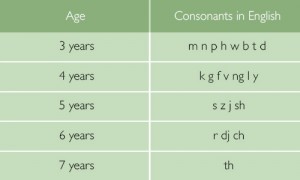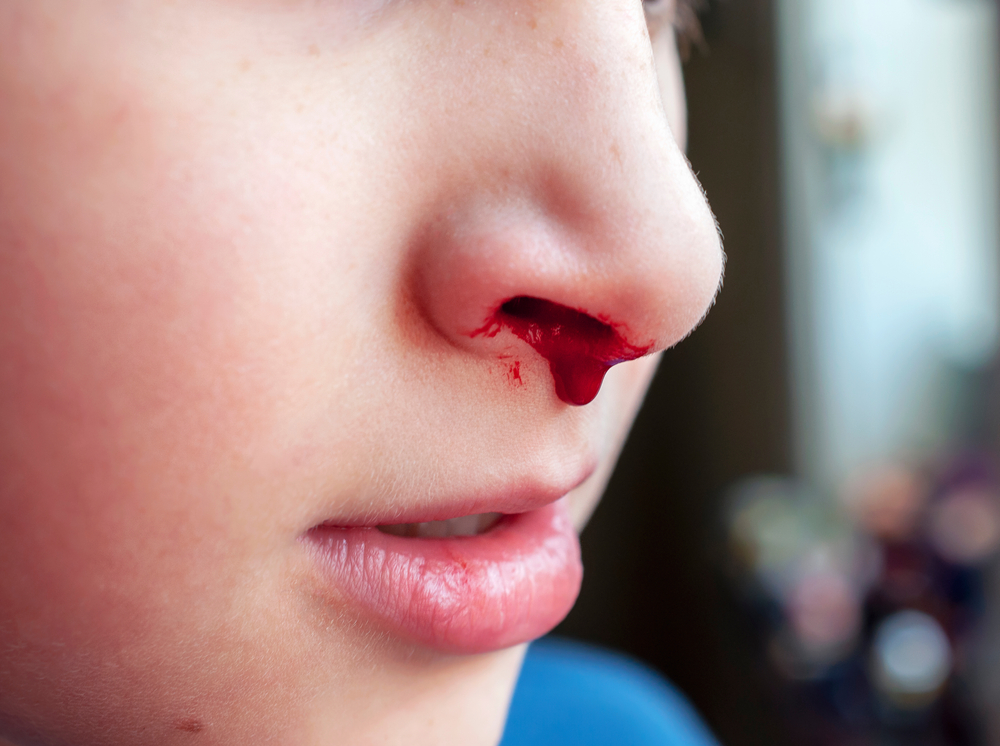Speech and language red flags - ways to help

What are the Early Warning Signs Of Speech And Language Disorders?
Slow Development
For example, there may be a problem if:
-
by age 1, an infant doesn't cry, babble, or pay attention to other voices
-
by age 2, a child can't put some words together in a speech
-
by age 3, a child's speech is difficult for those outside the family to understand
-
by age 4, a child doesn't have a growing vocabulary, speak in sentences, and make most sounds - or a child points to things instead of talking
-
by age 5, a child can't carry on a simple conversation, stutters, sounds much different from playmates.
Learning Disabilities
A child who's an extremely slow learner or poor reader may have a speech or language disorder.
Behavioral Problems
There is a reason for concern if your child:
-
is reluctant to talk
-
is very self-conscious when speaking
-
becomes defensive, nervous, or withdrawn when speaking
Early treatment is the key to preventing a speech or language disorder from turning into a lifelong disability. If you suspect a problem, get professional help right away.
How Would I know If My Child Has A Speech Problem?
Your child's speech sounds will develop as he/she grows. A baby makes early vocalizations around two or three months, babbles around six months, and uses jargon from about 18 months to 30 months. The majority of sounds a three year old makes should be normal. Although your child may use all sounds correctly, they should be intelligible to strangers.
The following chart includes the acceptable ages of speech sound development for children

How Can I help My Child Talk clearly?
-
Be a good speech model for your child. Don’t use baby talk.
-
Pronounce words clearly, slowly and correctly for your child to hear and imitate.
-
Try to look at your child when you are both talking.
-
Let the child watch your face, lips and tongue as you form sounds and words prolonging the speech sound the child has difficulty saying.
-
Repeat new words and sounds over and over.
-
Praise the child when sounds are correct.
How Do I Stimulate Speech And Language Development For My Preschool Child?
The young child learns to speak and to understand through imitation. The following suggestions may help you stimulate speech development in your child:
-
Make use of opportunities to use speech when your child is within hearing distance.
-
Have fun imitating indoor sounds such as kitchen noises, doors slamming, vacuum humming.
-
Stimulate listening by imitating outdoor sounds such as fire siren horns, dogs.
-
Let your child hear you say the name of any object which is at hand.
-
Let your child hear you repeat the same word over and over varying pitch and reflection.
-
Let your child hear you describe the activity you are doing in two or three words as "wash the dishes", "drink the milk", "pick up the spoon".
-
Let them hear you repeat these simple phrases or sentences over and over, changing the pitch and inflection in your voice.
-
Accept speech sounds which your child makes. Learn to recognize parts of words as "e" for "see", "i" for "ice", and "o" for "coat".
-
Try to understand what they say to you without making them repeat it.
-
Keep a written list of any words which your child attempts, as long as you recognize any part of the word.
-
Encourage your child to make noises and sounds as he/she plays. Imitate the sounds he/she makes and try to suggest others.
What If My Child Is Uncooperative And Has A Negative Attitude Toward Speech?
-
Talk, read, and use speech often in their presence.
-
Repeat words in a casual manner with an apparent lack of interest in the child's reaction.
-
Try to keep the child from sensing that the repetition is for their benefit.
-
Try to procure toys which make sounds so that they will get enjoyment from hearing tones.
-
If you have repeated a word twenty or thirty times, try repeating it many more times.
-
Give the impression that it is fun to say these words or sounds.
-
Avoid discussing any speech problems in the child's presence.
-
If your child had negative attitude toward books and pictures in books, attempt to give special attention to these areas. Pictures should be clear with not too many objects on a page.
What Can I Do To Prevent Speech And Language Disorders and Communicate Effectively With Someone Who Has One?
Help Your Child Develop Good Communication Skills It’s important to:
-
Talk a lot with your child
-
Speak clearly so that your child can understand. Keep words and sentence length at your child's level.
-
Listen when your child talks
-
Read to your child every day
Keep The Lines of Communication Open Try to:
-
Be Patient and sympathetic.
-
Don’t interrupt or try to finish your child’s sentence.
-
If your child has trouble understanding spoken languages, speak slowly and clearly, using simple words.
-
Make sure the environment is quiet enough for talking.



















